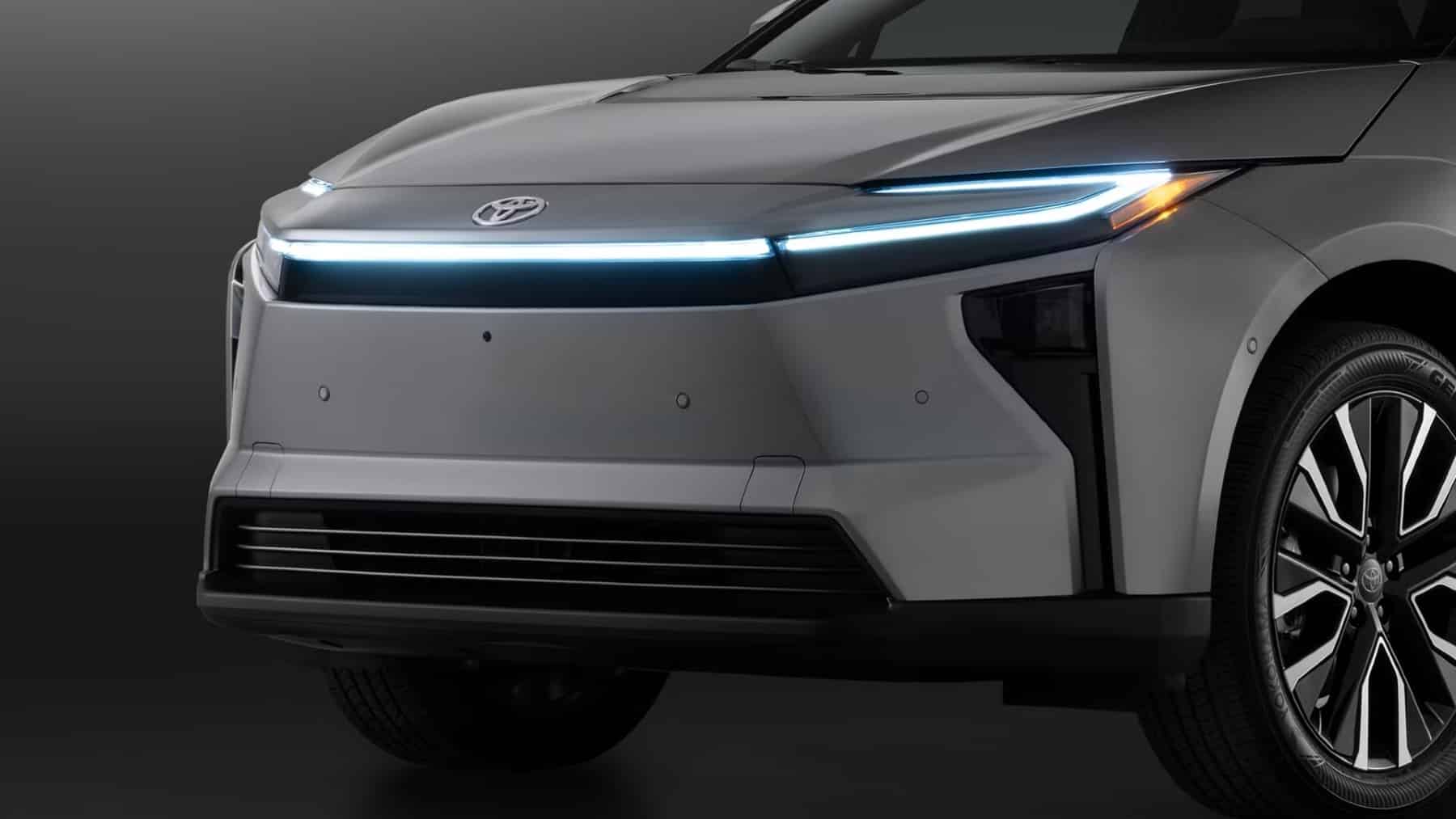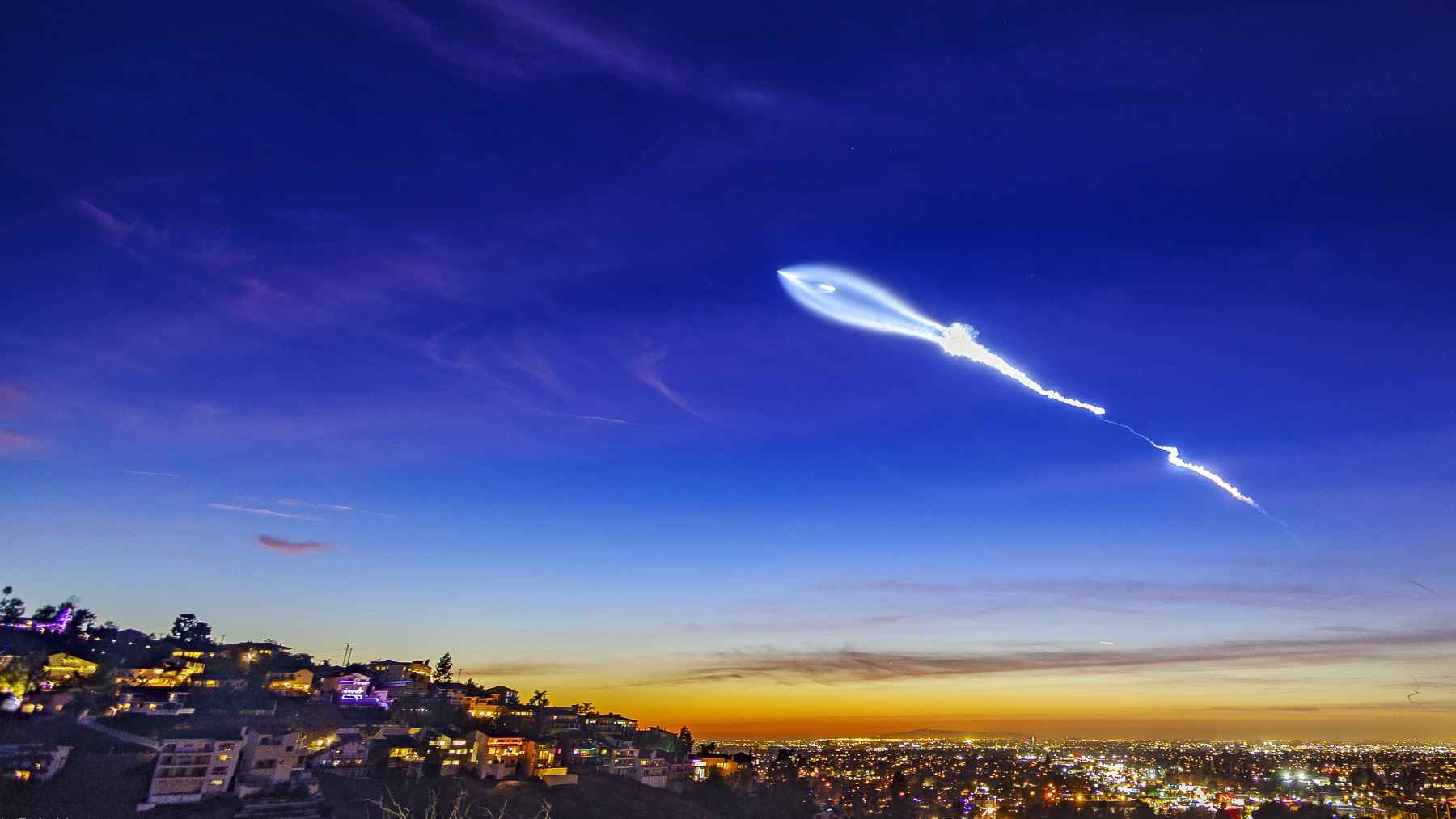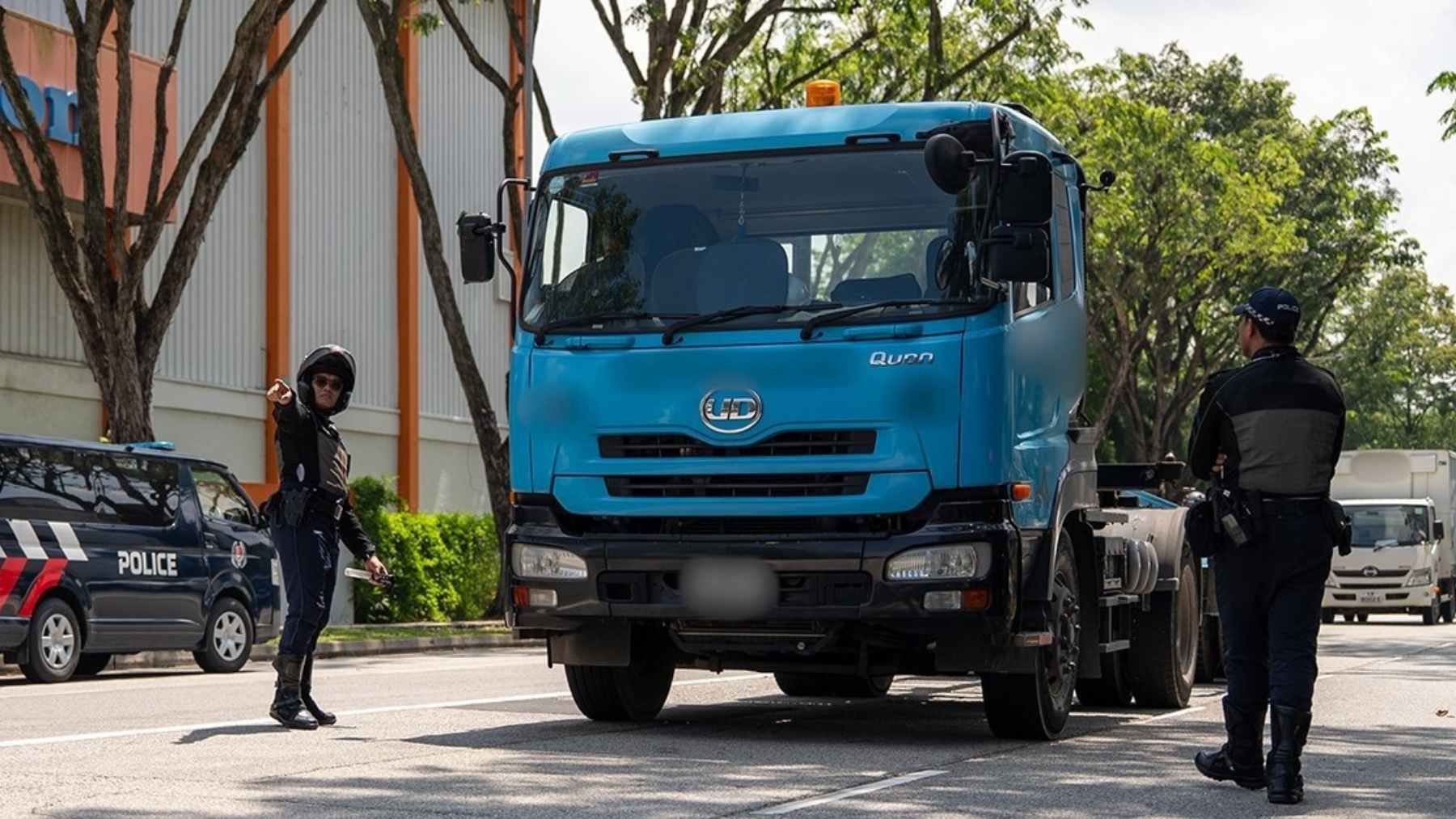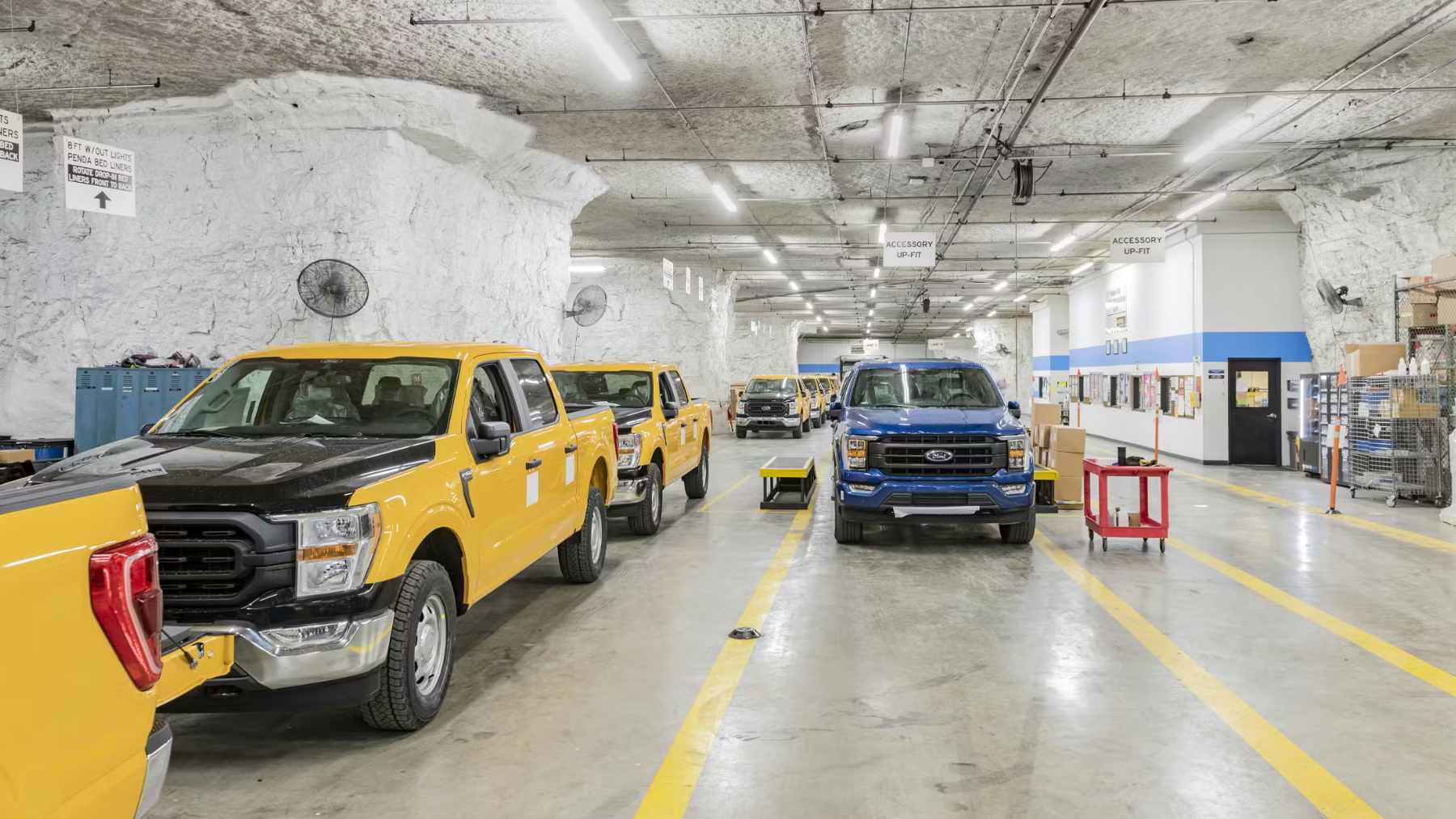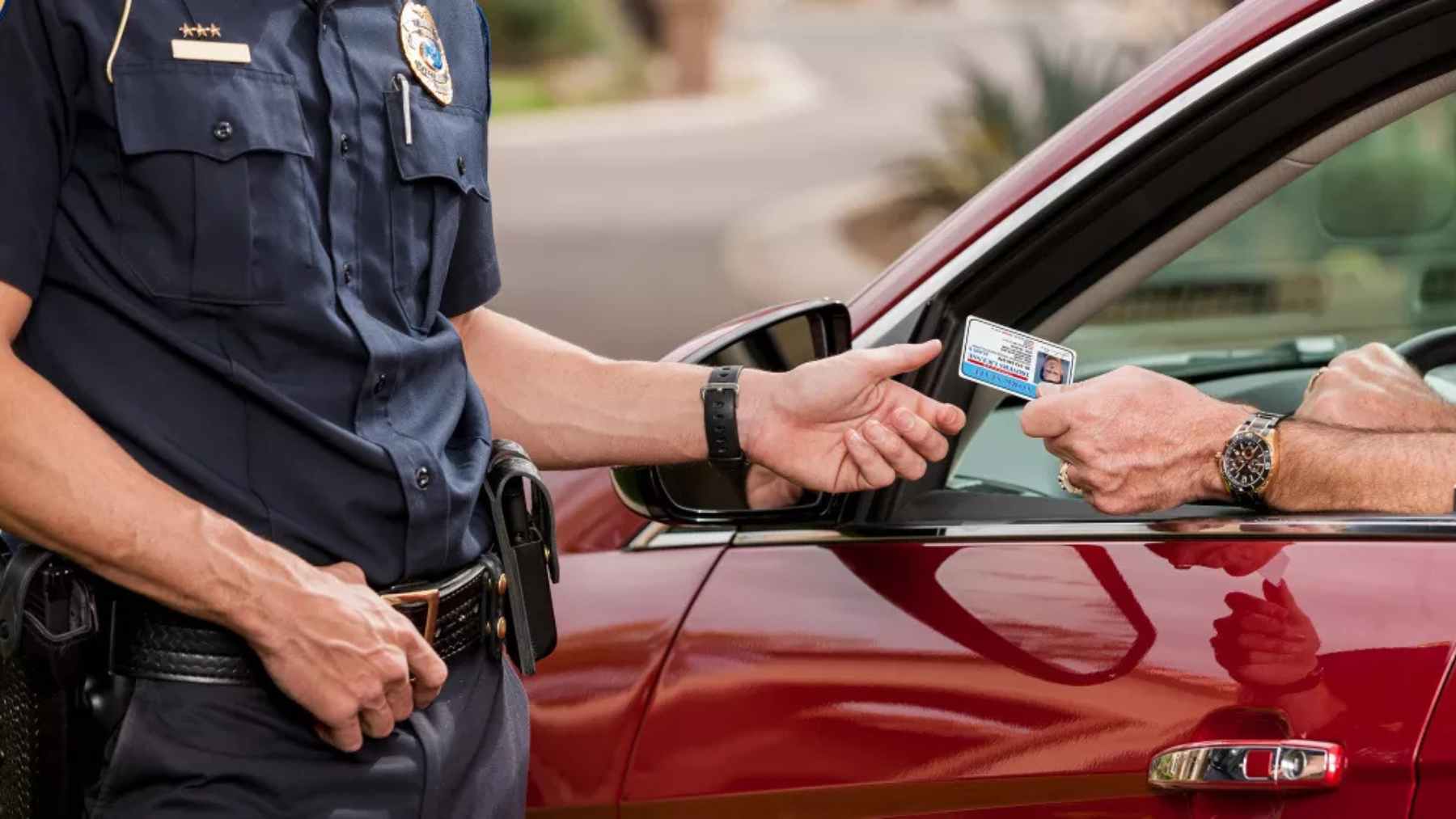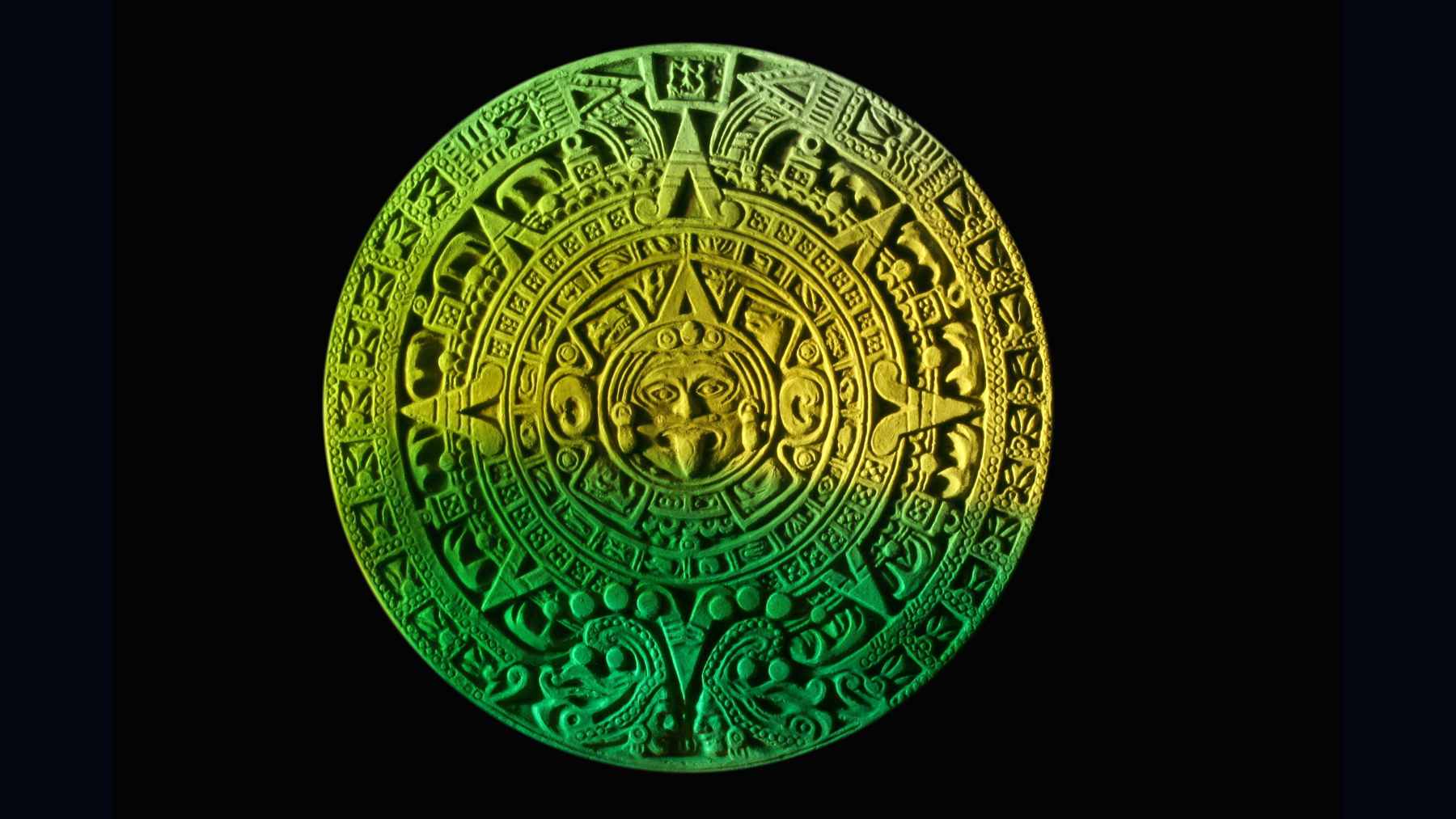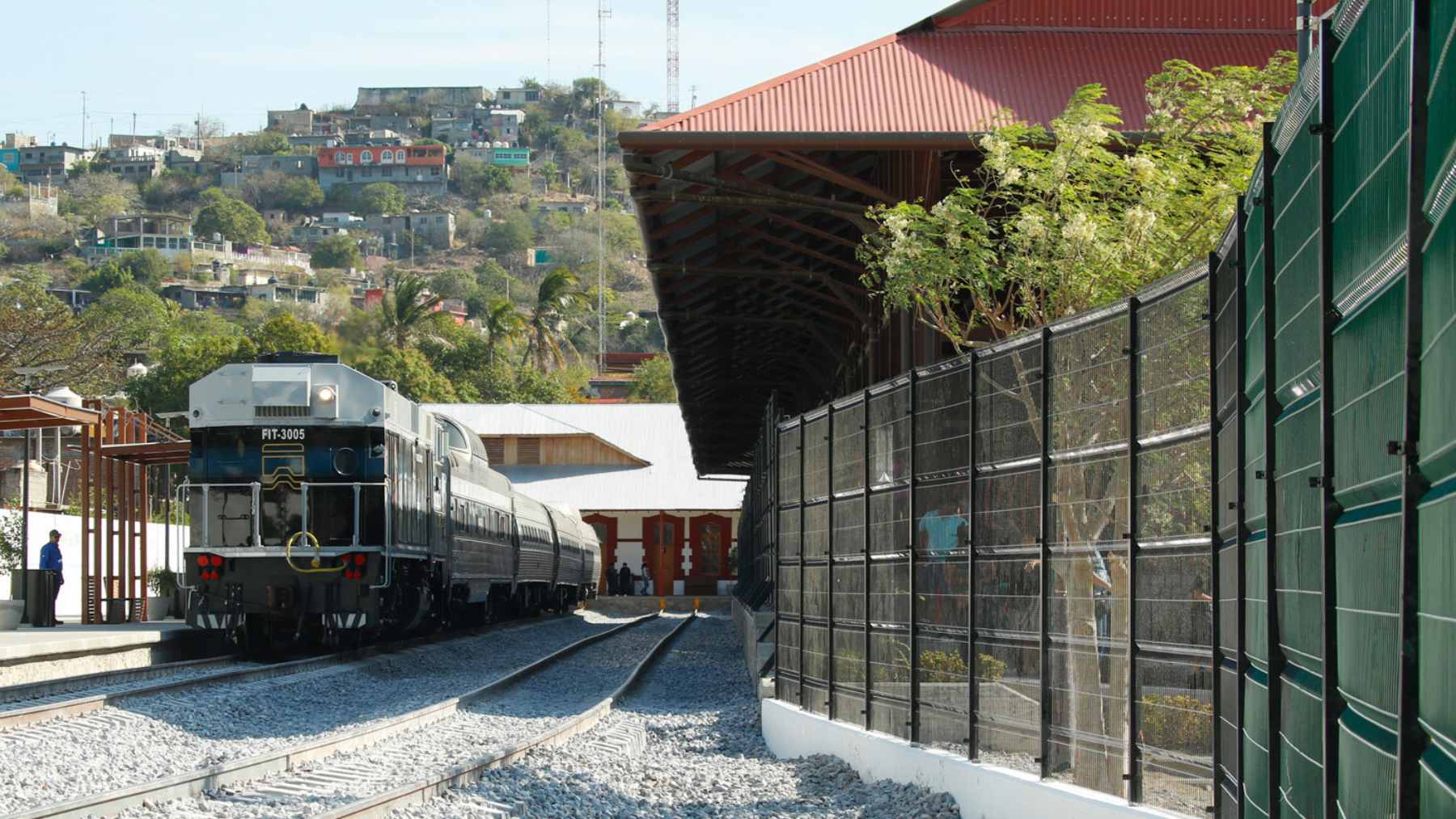While hailed as the hydrogen champion, Toyota has a new engine on its release radar. As the world grapples with pressing concerns regarding the climate crisis, the transportation industry has been focusing on the development of alternative engine solutions in order for the industry to achieve carbon neutrality. To achieve this, the automobile industry has pushed for the development of the electric engine, with hydrogen engine developments following closely behind.
The world goes electric amidst the climate crisis
No other piece of technology has probably taken the automobile world by storm today as much as the electric engine. With pioneering brands like Tesla catapulting the electric engine from a niche concept to a desired and luxury product, consumers have been increasingly embracing the technology as they switch to more climate-friendly solutions.
Norway’s endeavors are an example of how consumers have effortlessly switched over to electrical technology from the internal combustion engine. Last year alone, the country saw 89% of new vehicle sales being electric. From next year, the country hopes to increase this to 100%. This feat has been made possible thanks to government cooperation, whereby citizens have been offered incentives to ‘go green’ as infrastructure is developed in the country.
While consumers worldwide appear to prefer the electric vehicle as an alternate engine type, as seen across alternative vehicle sales, hydrogen fuel-cell technology is also emerging as a keen complement to the electric vehicle, as well as in other transportation-related industries where the electric engine is not suitable. Automobile developers like Toyota and Hyundai have been at the forefront of this technology; however, Toyota has recently released a new vehicle that goes the other direction.
New vehicle from Toyota, it isn’t hydrogen
While Toyota has been hailed as the lead developer of hydrogen fuel-cell powered automobiles, the company has not abandoned its electric vehicle technology. Recently, Toyota has announced the details of their upcoming 2026 bZ model, an electric SUV which will replace their bZ4X. The new 2026 vehicle includes a 338hp output and will be a fully electric SUV.
With bZ standing for ‘Beyond Zero‘, the company is highlighting how their future models are becoming increasingly developed to align with their plans to achieve carbon neutrality. The company has showcased multiple avenues on how they aim to achieve this, most notably their recent presentation on their vision for achieving a hydrogen-powered society. In addition, the brand new Toyota Highlander EV is set to be released in 2027. The company recently announced that it would be developing the new model at its Kentucky plant.
Toyota continues to prioritize a collaborative approach
Part of Toyota’s success with regard to becoming a beacon of sustainability is not just down to their hydrogen and electric models, but also thanks to their embrace of collaboration with competitors as opposed to only prioritizing profit. While the company has made significant strides on its own, they have noted the importance of working together if we are to achieve carbon-neutrality goals:
“We are collaborating with companies that would traditionally have been our competition to develop standards for hydrogen fueling connections and protocols, recognizing that an industry standard was of greater benefit than our own competitive advantage,” said Jay Sackett, Toyota’s chief engineer of advanced mobility, according to a Toyota press release.
Toyota’s cooperative strategy provides a distinct yet crucial approach that the business has managed to implement. The automaker is putting more emphasis on developing carbon-neutral solutions by combining resources and expertise rather than working alone to establish supremacy. This year, the Japanese automobile developer announced that it would be collaborating with German automaker BMW to help them launch their first hydrogen-powered car by 2028.
Disclaimer: Our coverage of events affecting companies is purely informative and descriptive. Under no circumstances does it seek to promote an opinion or create a trend, nor can it be taken as investment advice or a recommendation of any kind.
